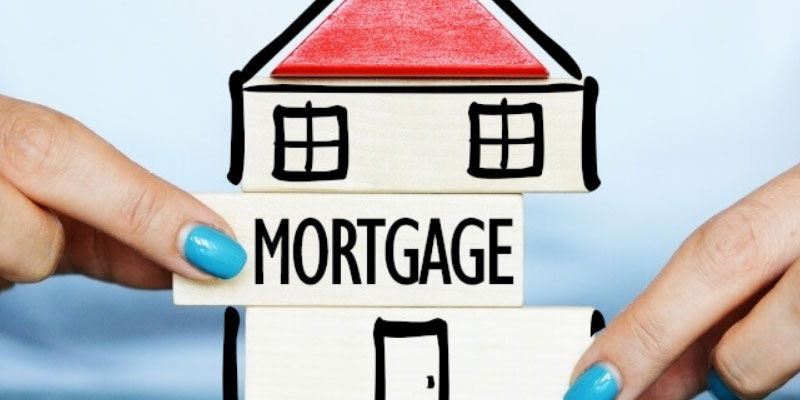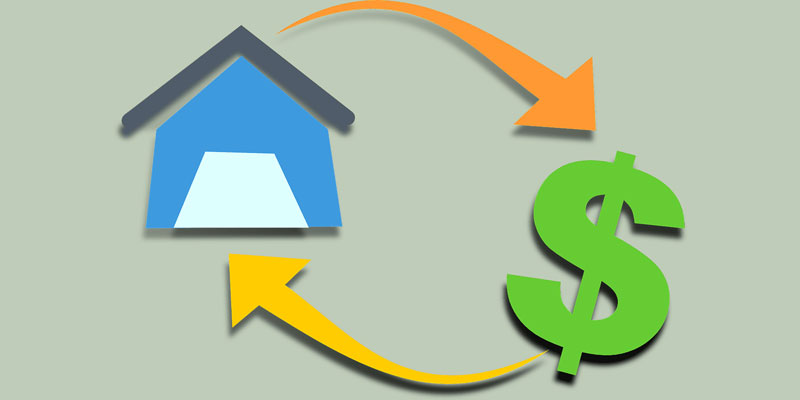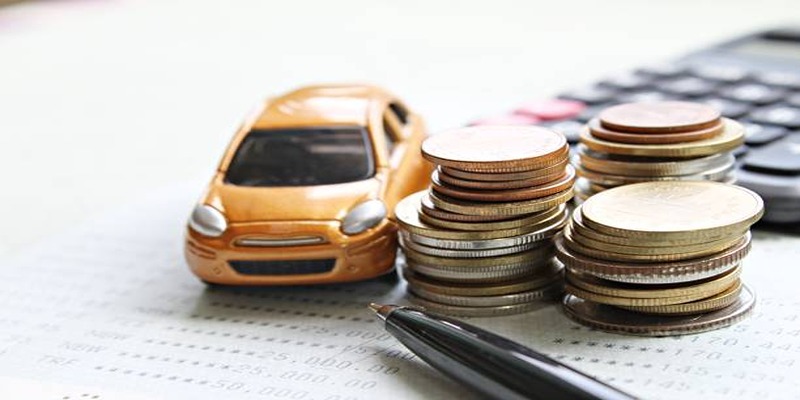You may create income from renting or selling a property that is not your main residence if you purchase an investment property. This allows you to build wealth. Residential properties, such as single-family homes, townhouses, or condos; commercial buildings designated for businesses, such as hotels, restaurants, and retail stores; and a combination of residential and commercial properties are all possible investment assets. So, what to know about buying an investment property?
Investors in residential real property often seek to generate money via either the collection of rent from tenants or through the practice of "house flipping," which entails swiftly making improvements to a home to resell it for a profit. It is also possible to wait long enough for the property's value to rise before selling it. According to the National Association of Realtors, the most prevalent form of residential investment property is a single-family house detached from other buildings.
Getting An Investment Property Mortgage
When acquiring a mortgage for a permanent house instead of a second home or investment property, there are key distinctions to keep in mind. If you purchase a single-family house as your residence, some loans have minimum down payment requirements as low as 3%. However, if you purchase a single-family home as an investment property, the minimum down payment needed might be as high as 15%. Up to 25 percent of the property's value may be required as an initial down payment for multifamily investment properties.
For a lender to qualify for a mortgage on investment property, a credit score of 620 or higher is often required, and interest rates for these loans are typically higher than for other types of loans. Lenders face a higher level of risk with these loans since it is believed that borrowers are more likely to fail on an investment property if they have financial difficulties, as opposed to their principal residence.
When purchasing a property for investment purposes, you may be needed to have significant cash reserves, but this requirement is very variable depending on the lender. Because these loans may only be used for one's principal place of residence, applying for them via government-backed loan programs such as those provided by the Department of Veterans Affairs or the Federal Housing Administration is often not an option.
You should shop around at several different lenders, just like you would if you were getting a house mortgage, to discover the best rates and costs. Examining the Loan Estimate will allow you to evaluate and contrast the services provided by each lender.
Pros and Cons
When considering the purchase of an investment property, one must consider the large maintenance expense. You can employ someone to take care of the property for you, or you may take care of things like collecting rent, making repairs and clearing snow from the driveway yourself.
You should spend 1% of the property's value yearly on maintenance. However, the exact amount may vary based on variables such as the age of the building, the number of units it contains, and the quality of critical systems like plumbing and electricity.

You are responsible for paying taxes and having homeowners insurance on the property, just like any other kind of property. You have many options regarding the utilities: either include them as part of the rent, charge the renter for them each month, or ask the tenant to sign up in their name and pay the utility providers directly.
According to Selma Hepp, deputy chief economist at CoreLogic, when purchasing a property for investment purposes, it is essential to look for a location with a consistent flow of tenants. According to her, landlords need to be aware of the state's specific rental rules and the possibility of dealing with renters who are behind on their payments. Additional benefits and drawbacks of purchasing an investment property are as follows:
What Makes A Good Investment Property?

In 2017, Roofstock's growth marketing manager Emil Shour acquired his first investment property. Roofstock is an online platform for real estate investment opportunities. He thinks the projected cash flow is the most crucial factor when purchasing an investment property.
Shour adds, "I want whatever the renter is paying to surpass all of my costs." This is the goal that he has set for himself. "I want to have a steady money coming in each and every month." When determining the potential for profit from an investment property, you should consider several aspects, the first of which is how much rent the property may be expected to bring in. According to one calculation, referred to as the "2% rule," the monthly rent amount should equal at least 2% of the total purchase price plus the cost of any necessary repairs.







